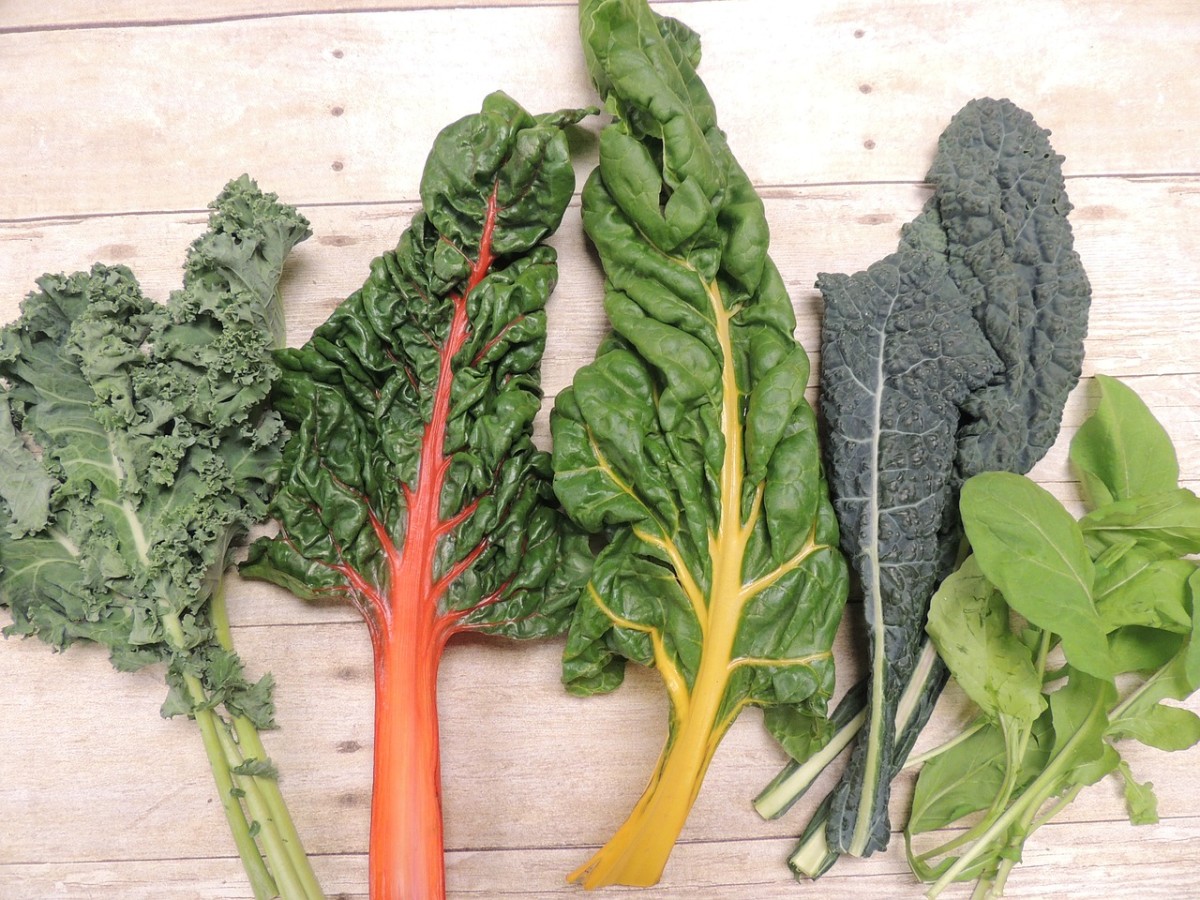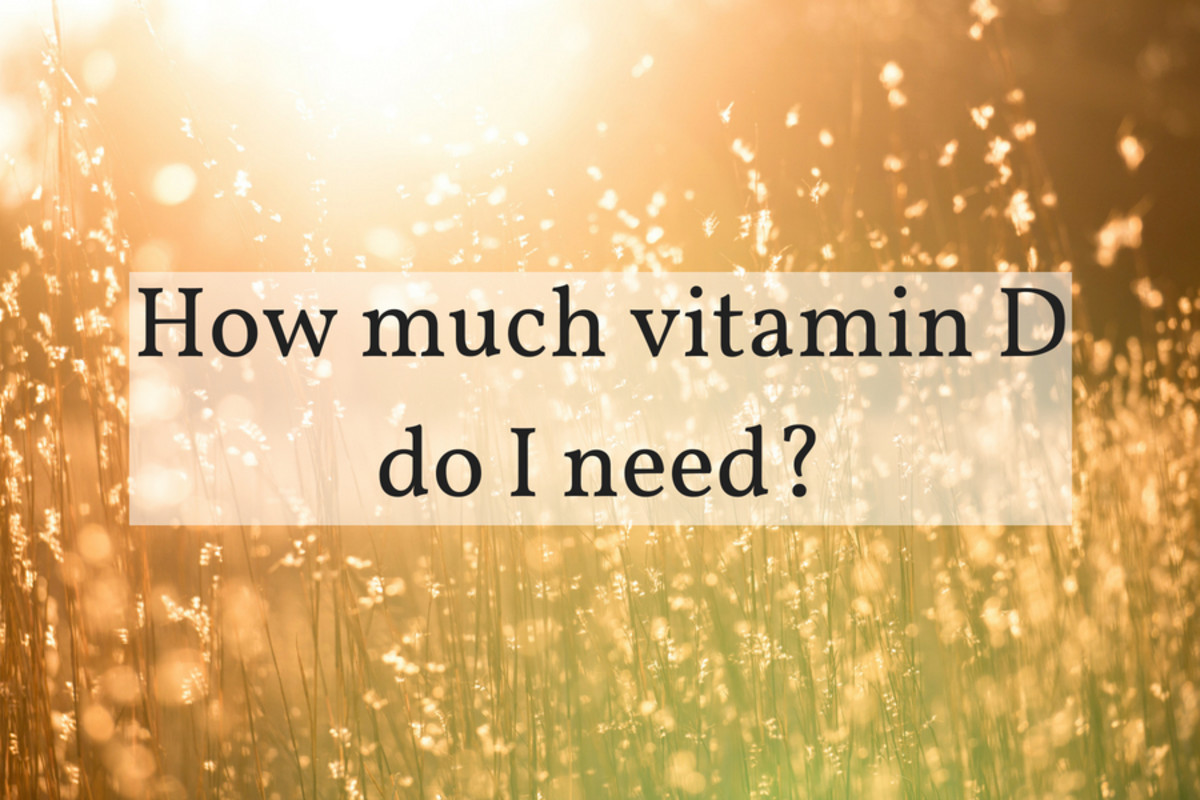Stay Healthy with the Right Vitamins

The presence of vitamins in food helps to keep us healthy and fit. They are organic substances which are essential in the optimum metabolic function in all systems of our body. They occur naturally in the food we consume but are often depleted in processed or refined food and we can also supplement our diet to optimize our vitamin and mineral intake. They are essential for the maintenance of a healthy immune system which protect our bodies from infections and diseases.
Circulation, excretion and digestion are all dependent on the presence of specific vitamins in our bloodstreams for the production of the necessary hormones and enzymes for these functions.
There are approximately eleven types of vitamins necessary for the human body.
Some of these are summarized as follows:
Vitamin A
This is necessary for the eyes and also works as an antioxidant. It is present in broccoli, cabbage and carrots etc. It is a fat-soluble vitamin which is toxic in large amounts as it is stored in the liver. Therefore, it is often contra-indicated in pregnancy.
Vitamin B group
These include thiamin, niacin, riboflavin, cyanocobalamin, biotin and folic acid. A healthy nervous system and the metabolism of food into energy are dependent on optimum levels of the B vitamins which are water-soluble meaning that any excess we ingest, from supplements for example, are excreted easily from the body. Foods which are rich in B vitamins are beans, eggs, fish, fruit, vegetables, lean meat, grains, milk and nuts.
Animal products such as cheese, eggs and meat contain Vitamin B12.
Vitamin C
Citrus fruits such as oranges ,lemons and grapefruit are good sources of Vitamin C which is necessary for disease and infection prevention as well as optimizing the absorption of iron.This is a water-soluble vitamin which is not stored in the body.
Vitamin D
This is mainly obtained from exposure to sunlight and is necessary for the development of healthy bones and teeth as well as growth
Vitamin E
Vitamin E is a necessary antioxidant which mops up any free radicals and other toxins in our system It can be available from wheat germ, corn, whole grains, seeds and green vegetables. It is a fat-soluble vitamin.
The lack of a balanced, nutritious diet may result in vitamin deficiency and consequent health problems. Lack of Vitamin A can cause problems related to eyesight such as night blindness. Vitamin B deficiency can cause anaemia and a compromised immune system.. Vitamin C deficiency causes loss of appetite, bleeding gums and low energy levels etc. Vitamin D deficiency causes deformation of bones and teeth, for example rickets. One’s health will be compromised by a lack of any of the vitamins necessary for good health. The use of vitamin supplements is a good way to boost the intake of the necessary vitamins if we do not get them all from our food intake. These can help us to improve our metabolism as well as giving our immune system a boost.








